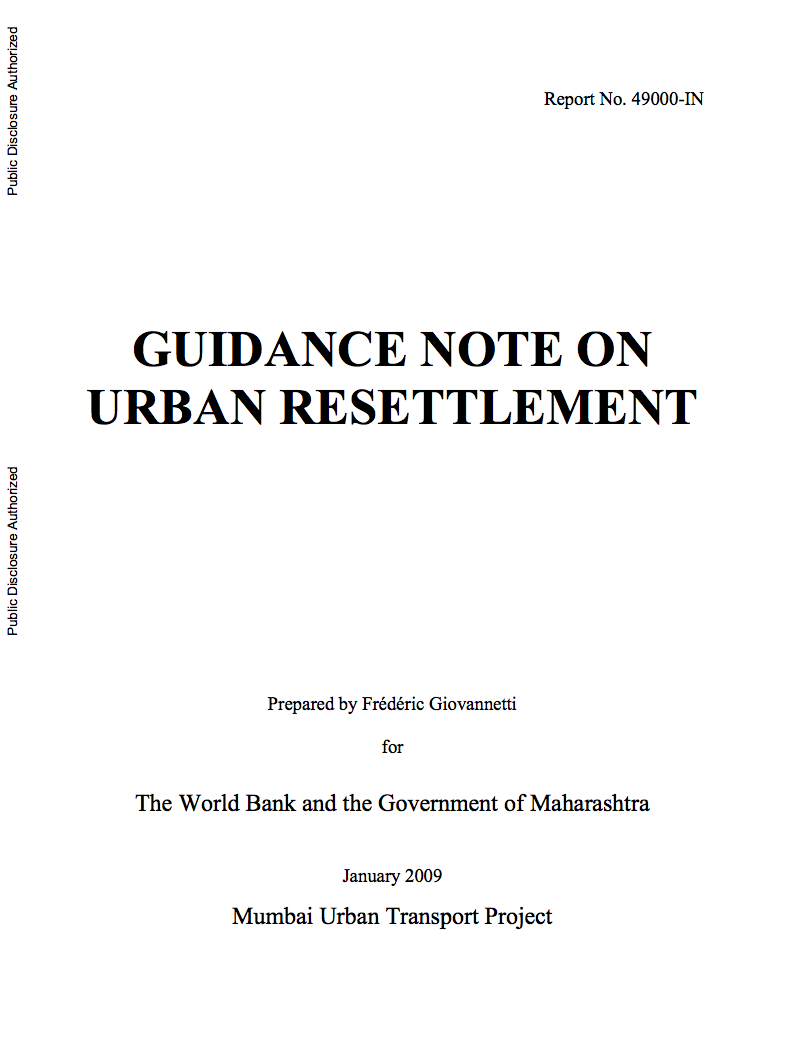Uganda - Agriculture Public Expenditure Review
This Agriculture Public Expenditure
Review (AgPER) comprehensively reviews public expenditures
on agriculture in Uganda and analyzes their efficiency and
effectiveness. Its genesis lies in Agriculture Sector
Working Group (A-SWG) discussions, especially during the
budget process, which raised concerns about the seemingly
low budget allocations to the sector and the failure to
align limited resources with recognized priorities in the


